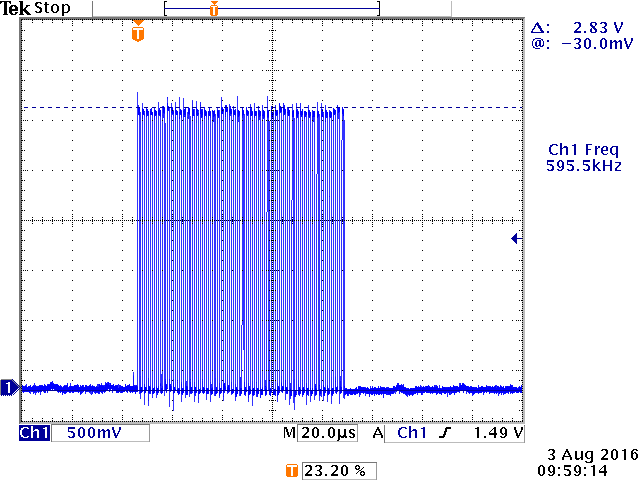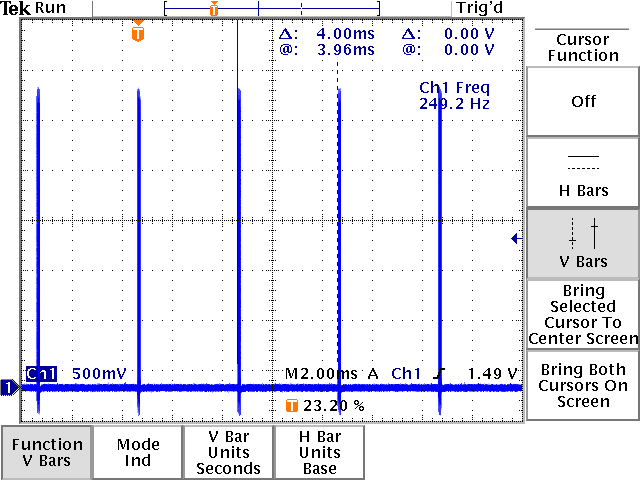Hello Team,
I have a customer who is looking at our MSP432 for their next design. They have questions on the 4- wire JTAG interfacing for this device. The specific question was when using 4 wire JTAG, do we need external resistors on TMS, TCK, TDO and if so, what values ?
I referred the thread https://e2e.ti.com/support/microcontrollers/msp430/f/166/t/34282 I was not sure whether the same applies to the MSP432?
Also on page 58 of the datasheet http://www.ti.com/lit/ds/symlink/msp432p401m.pdf there are typical values for pull ups and pull downs. Do they apply in this case.
Thank you for your assistance.



